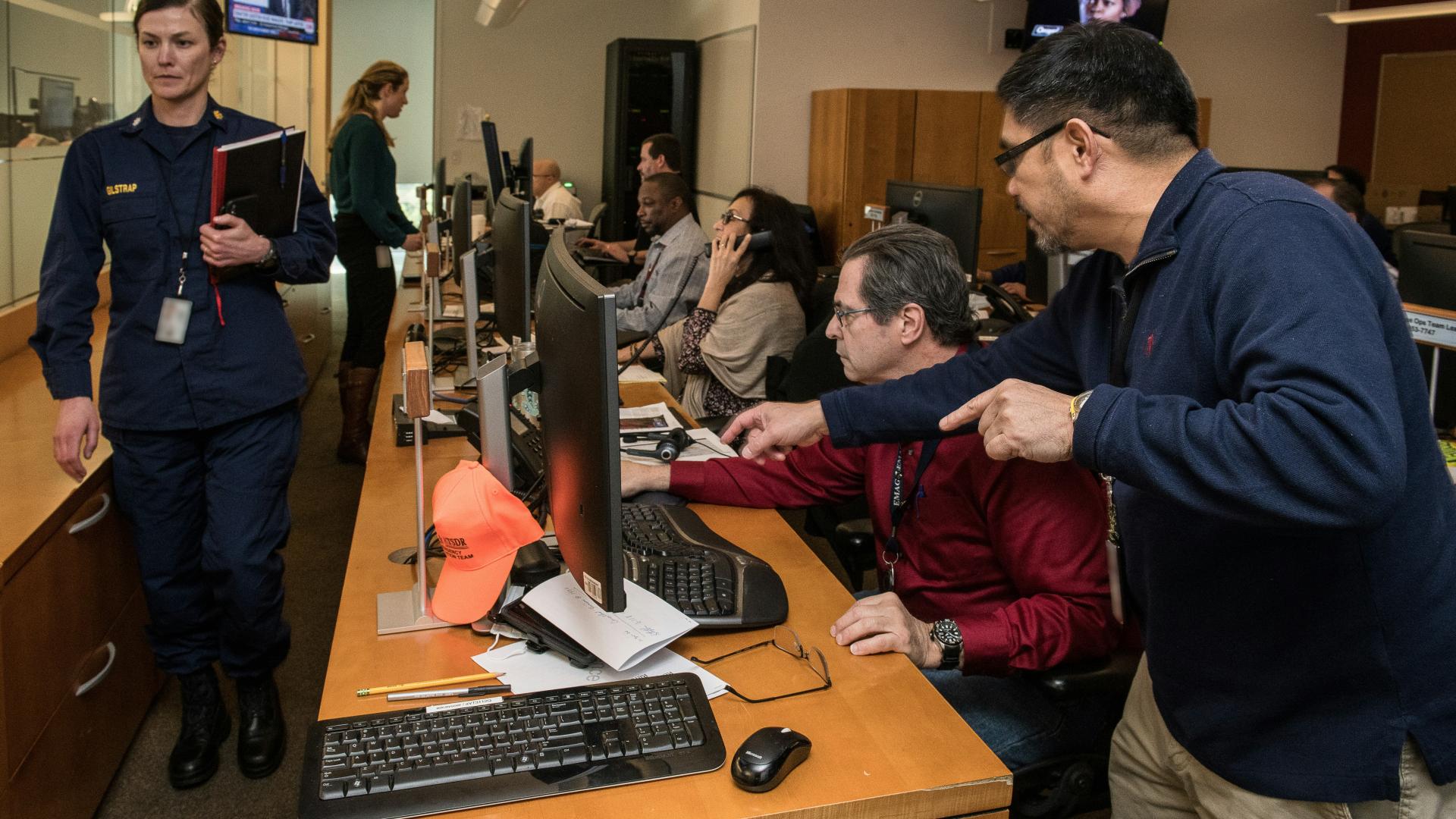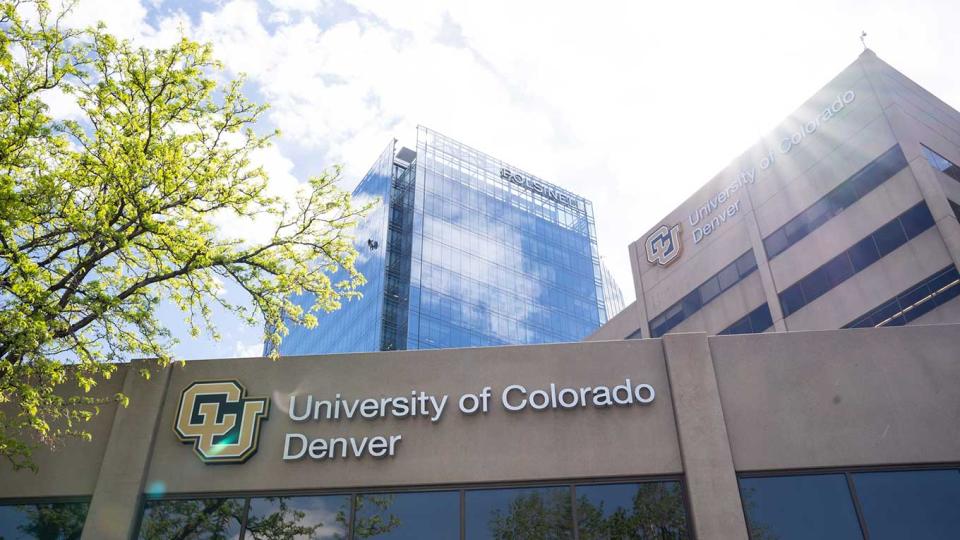
Graduate Certificate in Emergency Management and Homeland Security
Protect communities, respond to crisis, and lead with expertise with CU Denver's Emergency Management and Homeland Security Certificate.
This certificate is designed for both aspiring and current professionals in the fields of emergency management and homeland security. The program offers an interdisciplinary approach to education, emphasizing critical thinking, adaptation, policy analysis, and hands-on skills for managing a broad range of hazards and disasters.
-
Degree LevelGraduate Certificate
-
School & CollegeSchool of Public Affairs
-
Total Credit Hours12
-
Class Type100% Online
-
Time CommitmentFull-Time or Part-Time
-
Start Term(s)Fall, Spring, Summer
- Fill out form
- We'll be in touch soon
- Get ready to meet your moment
Program Overview & Timeline
The Graduate Certificate in Emergency Management and Homeland Security equips students with the skills to assess, manage, and respond to a wide array of hazards and disasters. Students will gain a comprehensive understanding of the policy landscape that shapes emergency management efforts.
Students interested in focusing further on this area can apply for a concentration in Emergency Management and Homeland Security within a Master of Public Administration or Master of Criminal Justice program, following the respective master's program requirements.
The certificate requires 12 credit hours and can be completed within one year. The program must be completed within 7 years.

The program is ideal for those seeking to enhance their careers in public safety, policy, or crisis management.
Tuition Breakdown
| Resident | Non-Resident |
|---|---|
| $613 per credit | $736 per credit |
Example Courses
Students must complete 12 credit hours as part of this certificate program, with two required courses, along with several electives.
Public Service in Emergency Management and Homeland Security (CRJU 5650)
This course covers emergency management and homeland security, focusing on hazard management at local and state levels and the roles of government and nonprofits in response.
Public Policies for Hazards and Disasters (CRJU 5720)
This course covers U.S. homeland security and disaster management, focusing on balancing security and hazards management and the roles of government and NGOs in policy development.
Crisis and Emergency Communication (PUAD 6620)
This course covers strategic communication in all crisis stages, focusing on planning, messaging, media relations, ethics, and organizational learning to shape response and recovery.

Career Outlook
Graduates are prepared for careers in emergency management, homeland security, and public safety. They can find opportunities in local, state, and federal government agencies, non-profits, and private sector organizations, taking on roles that involve crisis management, policy implementation, and public safety operations.

Admissions
- Standard Admission: Students with a 3.0 GPA or higher from their bachelor’s program.
- Conditional Admission: Students with lower GPAs may be considered for conditional admission upon approval by the program director.
To apply for admission, please:
- Complete a non-degree application.
- Upload your current, chronological resume.
- Upload an unofficial transcript from the higher education institution that awarded your bachelor's degree.
- Pay the $50 application fee, which can be waived for CU Denver alumni, veterans and those on active military duty, and AmeriCorps volunteers.
- Submit your application.

Tuition & Financial Aid
Investing in your future is a big decision. However, becoming a fully online student at CU Denver is a high-quality and affordable option for learners of all types. Tuition and fees are based largely on the degree program you enroll in.
Visit our tuition and financial aid page for more information. Financial aid and scholarships are available for those who qualify.
Experience flexible, career-focused programs with CU Denver’s renowned quality—100% online—taught by expert faculty in engaging courses within a supportive community, all at an affordable tuition with financial aid and scholarships available.

Flexible, career-focused programs with the same CU Denver quality—100% online.

Expert faculty, engaging courses, and a supportive online community.

Affordable tuition with financial aid and scholarships for online students.

Take the Next Step
Strengthen your credentials and become a trusted expert in emergency management and homeland security. Take the first step toward earning your online certificate by filling out the form above for more information or calling us at 303-860-5604.




